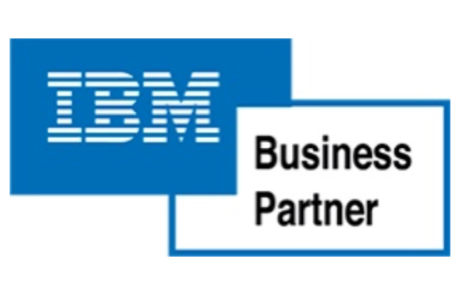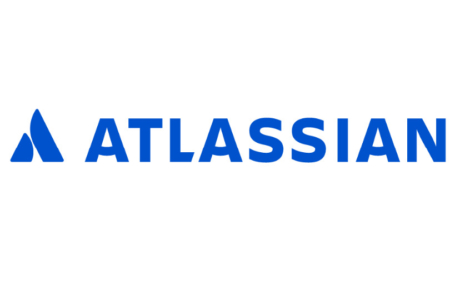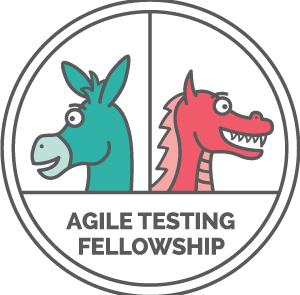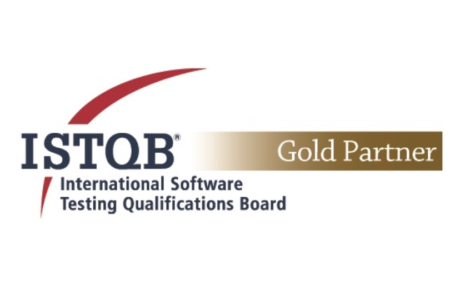The Crucial Role of Quality Assurance in Software Development
Quality Assurance (QA) stands as a pivotal process, dedicated to elevating the quality of software products, services, or data. At Capitole, we hold QA in high regard, making it a linchpin in our endeavor to furnish our clients with deliverables that adhere to exacting quality standards. Our approach to QA and software testing involves the careful scrutiny of software applications, a task undertaken by either our adept team members or specialized testers. Our goal goes beyond mere bug reproduction; we seek to unearth nuanced issues that might not have straightforward solutions, ensuring that the software functions with precision.
In the realm of software application development, QA analysts are akin to sentinels of success. When it comes to launching an app, the imperative is clear: it must operate with seamless perfection. In the crucible of app development, the art of streamlining user experiences becomes paramount. This involves a rigorous evaluation conducted by UI/UX experts and beta testers, identifying and resolving glitches at an early stage. By doing so, we ensure the birth of a successful, seamlessly functioning application, primed to make its mark in a competitive landscape.
Now, let’s turn our attention to the manifold benefits that software quality assurance brings to the table. Not only does it serve as a financial steward by nipping issues in the bud, minimizing overhead costs, and fostering an efficient development process, but it also takes on the mantle of enhancing the user experience. With eagle-eyed scrutiny, QA ensures that the app remains free of defects and operates in harmony with its intended design. This augmentation results in robust applications that adhere to stringent quality standards, minimizing the risk of system crashes, data breaches, or data corruption. Additionally, QA’s vigilance extends to the realm of security, where it detects and eliminates vulnerabilities, safeguarding sensitive user data and fostering trust among clients. Furthermore, QA adapts to the ever-evolving landscape of software development, aligning itself with the shifting sands of methodologies such as agile and DevOps.
It encompasses various types of testing, including functional, usability, performance, and security testing, with each type serving as a building block for overall software quality. Automation in QA accelerates the process and ensures consistent testing, although it comes with its own set of challenges. The human element in QA is pivotal, as skilled analysts not only detect bugs but also bring a critical perspective, offer valuable feedback, and contribute to overall product quality. By prioritizing quality assurance, we not only fulfill our clients’ expectations but also cultivate trust and loyalty. The judicious use of advanced tools and automation serves as the crowning touch, empowering us to optimize efficiency, curtail costs, and deliver consistently high-quality projects.
Your Content Goes Here






















